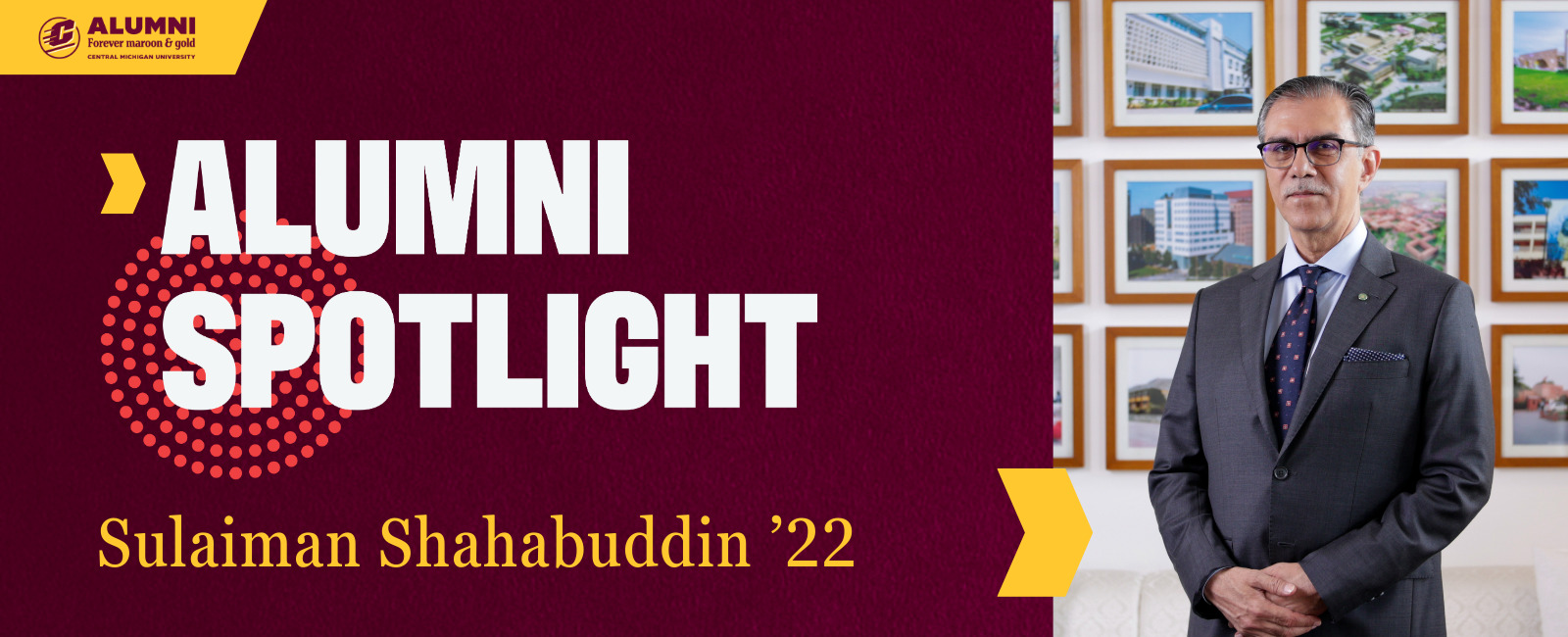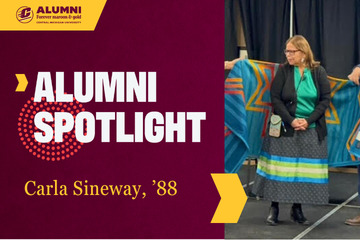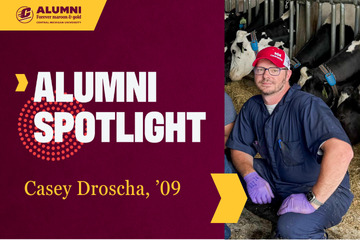'The power of transformation' through higher education and health care
Q&A with alumnus, Aga Khan University President Sulaiman Shahabuddin

Providing innovative higher education and top-tier health care to people around the world sounds like an arduous task. But for Sulaiman Shahabuddin, ’22, president of Aga Khan University, it’s exactly what he works to accomplish.
AKU is a multi-country university, with campuses in Pakistan, Uganda, Kenya, Tanzania, Afghanistan and the United Kingdom. To support its health sciences programs, AKU operates one of the largest, private health care systems in Pakistan, Afghanistan and Kenya.
Shahabuddin earned a Doctor of Health Administration from Central Michigan University, gaining a network of life-long friends and knowledge about being a health care leader and how AKU can help students make their mark on the world.
What inspired you to work in health care and academia?
My career started in leading health systems, which I did in East Africa. The opportunity to work in academia came when I was asked to lead and transform our health system in Nairobi, Kenya into a teaching hospital. In that process, I helped establish postgraduate residency programs and nursing programs across our campuses in Kenya, Tanzania and Uganda. I found this truly inspirational.
What's the most rewarding part of being president of AKU?
It is seeing the power of transformation. The students, the patients who receive treatment, the researchers who discover new things. Seventy-five to 80% of patients who come to our university hospitals cannot afford quality health care. We find resources to take care of them through our Patient Welfare Programme. We are also becoming more well-known for research, discovering knowledge that's contextually relevant and shaping policy. Last year alone, 500 policy documents of the WHO and World Bank cited AKU’s work.
Our students come from all backgrounds. Almost 80% cannot afford university fees, so we provide scholarships and financial aid opportunities. They are the bright spark who come to our university, receive a quality education and go on to make a mark on this world.
Tell us more about AKU.
It's a relatively young university but we're proud of its impact. Working across three continents, its mandate is to improve quality of life in the developing world. Our health programs and research output is highly ranked by various organizations. It's a model of excellence in terms of what’s possible in the developing world.
We just launched our new campus in Kampala, Uganda, building on more than 20 years of impact in the country. We are also becoming much more active in climate change, environmental sustainability and data sciences. Our Arusha Climate and Environmental Research Centre leverages the importance of its nearly 4,000-acre land for environmental research and collaboration with local and international institutions such as Canada’s Simon Fraser University and four other universities in Tanzania.
Why did you choose CMU for your doctoral program?
It was essential to find a program that combined academic excellence with emphasis on practical leadership in health care. I was looking for a program that would strengthen not only my analytical and strategic skills, but also my ability to lead a complex academic health system like the one we have at AKU.
CMU had one of the better-rated programs. It gave me the flexibility of a hybrid learning model — online work, visiting institutions such as the World Health Organization and the Centers for Disease Control and Prevention, and hands-on, practical experiences.
I appreciated the cohort structure with senior health leaders and managers. We learned from each other, studied together and did assignments and group work together. A support structure is important — especially when you have a full-time job. I'm happy I did it. It’s a fantastic program and the faculty was awesome.




